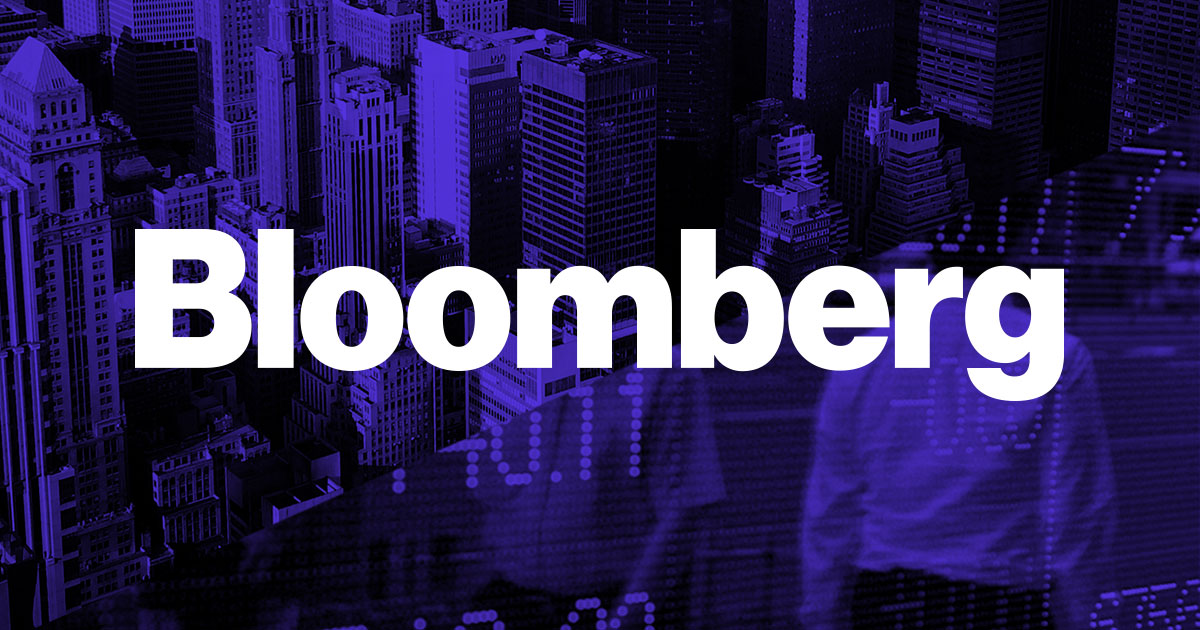
Canadian Finance Minister Bill Morneau is set to announce new proposals that may close loopholes often used by doctors and lawyers to reduce their tax burden, part of the government’s pledge to level the playing field for middle-income earners.
Morneau has scheduled a press conference for Tuesday morning in Ottawa to announce steps to provide “fairness for the middle class.” A spokesman for Morneau declined to comment Monday evening, though referred to a Morneau speech from May that focused on tax fairness.
Prime Minister Justin Trudeau’s Liberals have long pledged to tighten rules that allow high earners to incorporate in order to reduce their tax rate. The tactic is often used by doctors, lawyers and other professionals. The Liberals pledged in the 2015 election that corporate tax rules, particularly the small business rate, shouldn’t be "used to reduce personal income tax obligations for high-income earners rather than supporting small businesses."
The Liberal platform cited an estimate by University of Ottawa Professor Michael Wolfson that the government would collect C$500 million ($394 million) more annually by restricting the ability of incorporated professionals to split income and lower tax bills by paying spouses and adult children, as many currently do.
“It becomes economic for a taxpayer in the right situation to do this. It’s sort of, ’you’re dumb not to,’" Wolfson, a former finance department and Statistics Canada official, said in an interview Monday. His estimate was based on research from 2011 tax filings. One option would be proposing to ban certain professionals, like lawyers and doctors, from incorporating at all, he said.
"That would be fairly straight forward but will also rock the boat an awful lot," he said. "I can only infer that there’s been a spirited backroom push-back to all of this stuff and that’s why it’s taking so long."
Morneau ’Fairness’
Morneau has said the government found "issues" around professionals who incorporate. Three problems include income "sprinkling" to family; holding money inside a corporation to shield it from personal tax rates; and using capital gains rules to further cut tax bills.
“There is a concern that, in some cases, people -- usually high-income people -- may be gaining an unfair tax advantage, legal as it may be," Morneau said, adding the government would soon "release a discussion paper looking at these tax-planning schemes in more detail, and laying out potential policy responses."
Morneau’s announcement Tuesday will be preceded by a technical briefing for reporters detailing the measures.
Top Earners
Trudeau’s government has targeted high-income earners since taking power late in 2015. One of its earliest moves was the creation of a new, higher tax rate for incomes above C$200,000, which was accompanied by a cut in the rate for middle-income earners. It also canceled personal income-splitting, and overhauled child benefit payments to direct more funding to low-income families and exclude high-income ones.
“We raised taxes on the wealthiest 1 percent and lowered them for the middle class," Trudeau said this month in Hamburg, when asked about anti-capitalist protests outside Group of 20 meetings. "Trade has led to growth but it hasn’t automatically distributed its benefits properly. So, yes, people are anxious, and yes, people are angry."
His 2016 budget lamented "the ability of high-net-worth individuals to use private corporations to inappropriately reduce or defer tax." The 2017 budget renewed the pledge, saying "the government will continue to study, identify and address tax loopholes and tax planning schemes," while ensuring that corporations continue to benefit from competitive tax rates.


0 comments:
Post a Comment